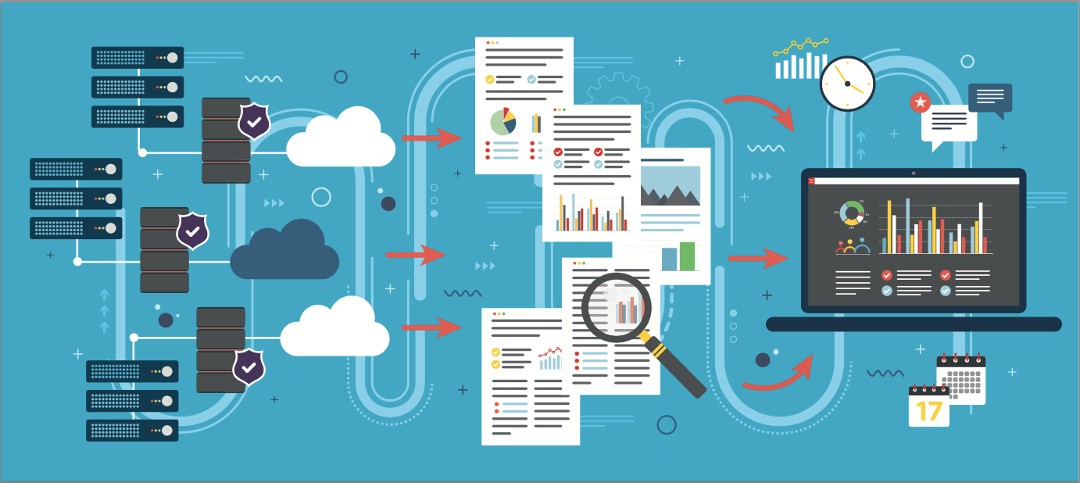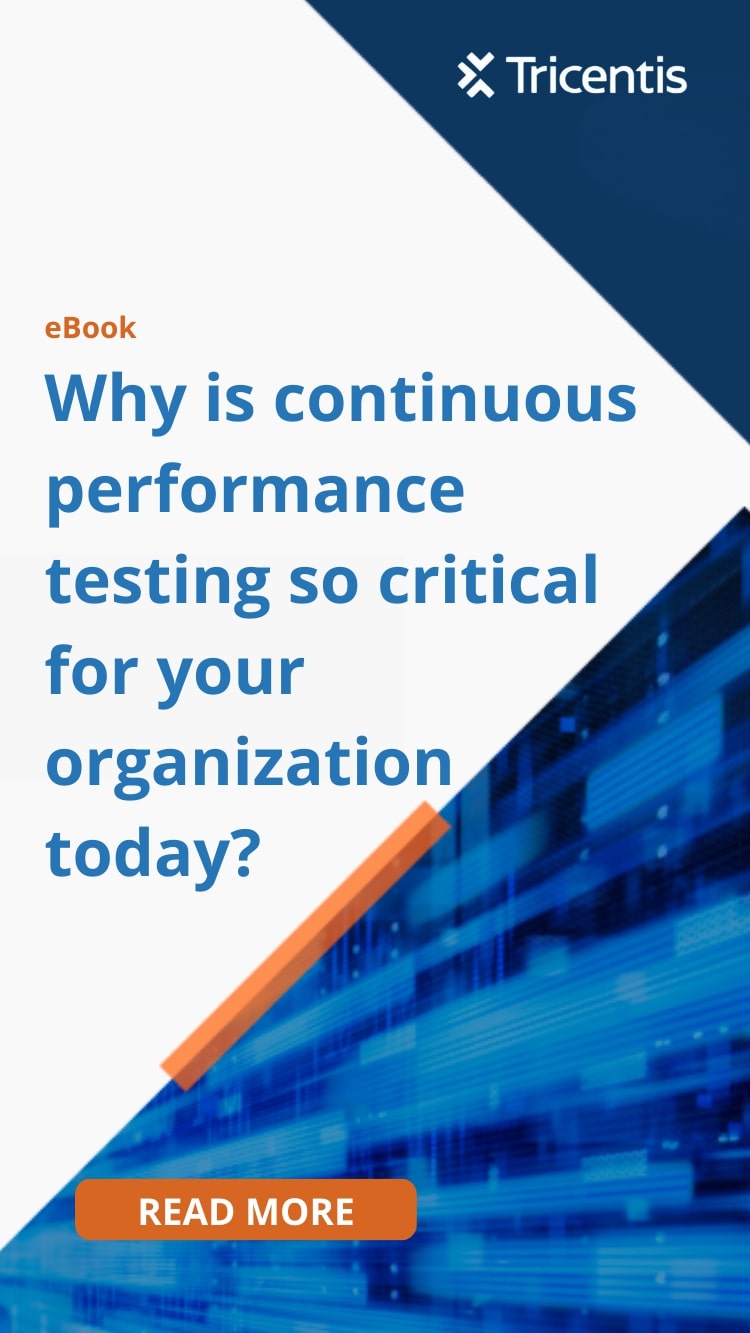Traditional Business Intelligence (BI) approaches do not suit modern business needs. Getting analytical insights involves making requests to data scientists. The data scientists run the data on their analytical engines and offer reports. Routing insights through middleman data scientists invariably creates a backlog.
Self-service business intelligence eliminates the middleman data scientist. The business user runs the analytics through an easy-to-use interface and gets instant results. But deriving benefits requires much more than deploying the relevant tools.
A survey by Eckerson Group finds the experience of 64% of users who use self-service BI as “average” or “lower.” Over 67% of users find self-service tools challenging. 70% of users feel using self-service BI tools requires more training than expected. According to 60% of users, self-service BI tools create informational chaos.
Here is how CIOs position self-service BI to overcome the challenges and unlock benefits:
1. Facilitate faster and better quality decision making
Self-service analytics reduce the cycle time for decision-making. These tools eliminate bottlenecks and backlogs in data access that delays decision making.
Business executives use self-service BI tools to crunch numbers and get instant results. Self-service allows them to change their mind on a whim. They may also run different permutations, combinations or tweaks as necessary. Without the self-service option, these decision-makers approach the data scientist for every change. The process becomes time-intensive and makes real-time decision making difficult.
Smart CIOs:
- Deploy self-service tools with user-friendly interfaces. Drill-down menus and interactive graphs make it easy to derive insights from data and act on it. Business users need an intuitive interface to use the features to use most of the features on offer. They run to IT for help, defeating the very purpose of self-service.
- Ensure availability anytime. Opt for distributed and cloud-based systems that make data available at any time and under any circumstance.
- Ensure customers focus on the decisions. The value of a BI tool depends not on the number of users adopting it, but on the insights gleaned out of it. The best definition of value is in customer terms, such as faster response to a customer or reduced cost.
- Promote a culture of respecting decisions. With self-service BI, all decisions, even unpopular ones, have the backing of analytical insights. Poor decisions reduce since decision-makers no longer rely on guesses or hunches.
Several tools enable self-service BI. Denodo, one of the best tools in the market, comes with a logical data fabric and a unified, location-agnostic access point to all enterprise data. The data fabric architecture co-opts data virtualisation that powers agile self-service data delivery.
2. Empower the workforceDa
Self-service Business Intelligence enables users to access and explore data sets without skills in data mining or statistical analysis.
Self-service BI empowers customer-facing executives to conduct real-time analysis. Such executives may crunch numbers and close deals on the spot. Without the self-service option, customer-facing executives have to approach their supervisors. Data changing hands increases the chances of confusion and errors. The customer, frustrated by the delay, may go elsewhere.
CIOs who roll out self-service BI systems need to:
- Encourage employees closest to the data to ask and answer their questions. The success of self-service BI depends on closing the loop between data creation and action.
- Facilitate systems that encourage innovation and transformation at scale. Self-service allows an empowered workforce to validate assumptions. They may also make permutations and combinations with ease to understand the viability of their models.
- Make the workforce accountable for their actions and decisions. Empowerment rarely works without accountability.
Denodo’s semantic models enable users easy access to data and choose the delivery style of choice. Data gets decoupled from location and physical schemas. An active data catalogue on top of the logical data fabric enables a data marketplace that enables customisation. Users may pick and analyse the data they need. The semantic layer reveals the data in a business-friendly form.

3. Ensure efficient operations
Self-service BI lowers business costs and ensures faster time-to-value.
Today’s customers are impatient and move elsewhere when they face a delay. The fast-paced business environment requires companies to seize opportunities fast. Self-service BI makes it easy for employees to have real-time access to data. But the utility of these tools goes much beyond time savings.
Self-service Business Intelligence improves the competitiveness of the enterprise. For instance, the delay in generating reports from transactional data blunts competitiveness. The reports generated by IT teams may be days or even weeks old and obsolete. The quick and easy access to data enabled by self-service cuts wasteful activity.
Self-service BI tools improving business efficiency is, however, contingent on CIOs.
- Ensuring proactive data management capabilities. Enterprises, while ensuring the right people access the correct data, need to set up policies governing the proper use of data.
- Establishing robust data governance policies aligned to business needs and attuned to the cloud.
- Establishing a single source of truth. Not having a single source of truth creates inconsistency.
- Enabling frictionless access to data. This requires eliminating silos, integrating databases, and setting up easy ways to retrieve the data. Integrate various databases through APIs or connectors to ensure the free flow of data.
Denodo’s resilient architecture works well with distributed and logical architectures. The tool enables admins to set up frameworks to determine data access and sharing policies. The logical data fabric also delivers up to 80% reduction in data integration costs. Denodo’s solution integrates with Denodo’s security system and SSO capabilities. It offers a single point to enforce security and governance policies. The tool enforces these policies as a virtualized layer.
4. Promote a positive cultural change
Self-service analytics enable information democracy. It empowers anyone, be it the line managers, the CEO, or anyone else with a legitimate stake in data, to access the same insights. In a data-driven enterprise, everyone asks questions and has access to tools to pursue answers. They take informed data-based decisions. Self-service tools also eliminate some undesirable aspects of office dynamics. A case in point is some employees hoarding access to information and leveraging soft power from such access.
Such benefits realise when the enterprise promotes
- Transparency and open sharing of information, and side-by-side looking down on data hoarding.
- Data literacy or culture of understanding the importance and context of data among the workforce.
- Educating the rank and file on responsible use of data.
Self-service BI is fast becoming mainstream. Over six out of every ten businesses now consider self-service BI as critical for their business. Tools such as Denodo help enterprises augment their data capabilities, implement strict data governance, and rollout self-service BI in a frictionless manner.












